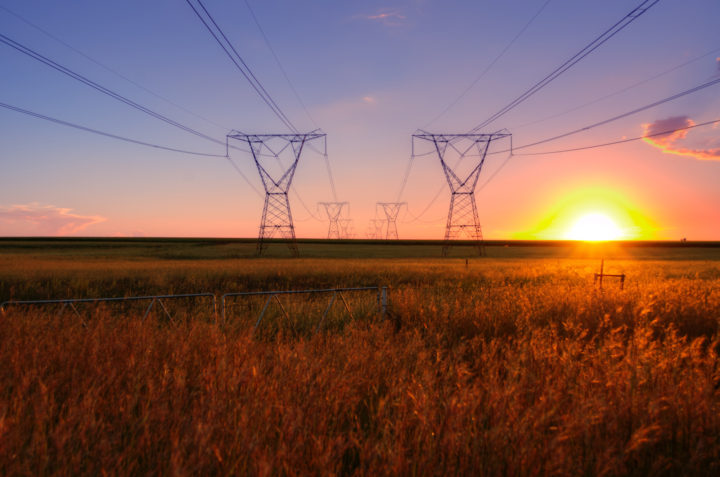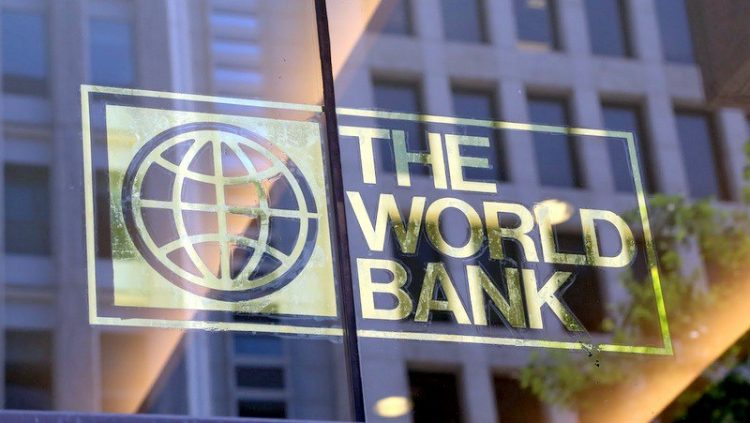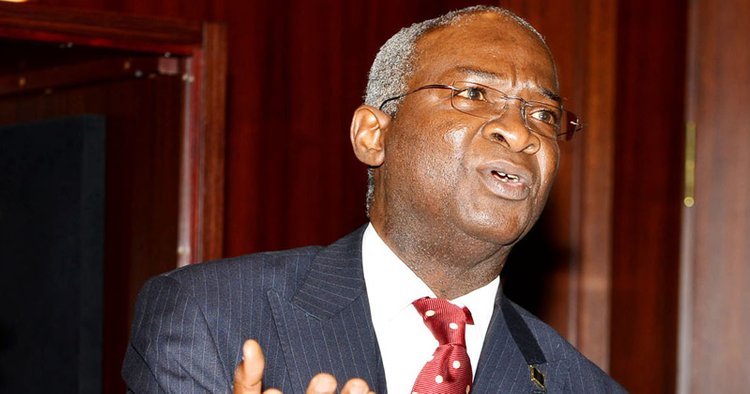By Oke Peter
The limited recourse financing model is ushering in more affordable captive power finance in SA, ultimately benefiting all industries and end users of green power
South Africa’s largest gold mining company is the first to close three captive projects using limited recourse financing – a model that is ushering in more affordable private renewable energy generation in SA.
Speaking from the African Energy Forum this week, Alexandra Clüver, a partner in international law firm Allen & Overy’s Johannesburg office confirmed that the firm had advised RMB as mandated lead arranger and lenders to the three projects, enabling Harmony to move away from coal power and, for the first time, independently procure its own stable, affordable green power. These are the first long term financed projects closed under the new electricity regulations.
“What makes the Harmony transactions so significant for the SA mining and renewable energy sectors – apart from turning away from coal or Eskom power – is the long-term financing structure. These are the first captive power projects in South Africa, both wheeling and on-site, to be funded through long-term limited recourse finance, which now paves the way for the other heavy power users to do the same, and ultimately take advantage of the liberalisation of the energy market in SA,” said Clüver, who specialises in project development and finance in the mining and energy sectors.
Allen & Overy crafted the legal and project financing documentation. “What this means is that you finance the initiative without recourse to shareholders of the power producer, relying entirely on the revenue stream of the project from the mine to pay off the financing.”
Significance of a changed captive power funding landscape in SA
“There was a lot of debate in the market as to whether you could project finance these large captive power projects and on a long-term basis, and if you could, what the terms would look like.
Clüver explains further: “The reason for the initial scepticism was that corporate financing typically runs over shorter terms, but project financings in the renewables space in South Africa are typically based on 20-year concessions with Eskom – paired with Government support. Banks typically would not take credit risk on a corporate client for such long tenors. But the strength of the mine coupled with the liberalisation of the market overall is allowing such structures to be put in place.”
The next stage – portfolio finance
As a more liberalised energy sector matures, and power producers have a diversified portfolio of heavy industry and mining offtakers, portfolio financing will potentially unlock more affordable and simplified financing structures, not relying solely on the credit risk of single offtakers.
Portfolio funding has only been done on a small scale in South Africa in the commercial and industrial space, typically for rooftop solar installations. “In order to optimise the diversification of your risk in the captive power space you can create a portfolio of various similarly sized captive power projects. ”
With portfolio funding, a holding company might be established to house 20 different companies’ power projects, all with different power offtakers or customers. If one project fails, the portfolio still stands, limiting the risk to the financiers of the portfolio.
Paving the way for more affordable long-term private power in SA
Once there is guiding legislation in the form of the amendment to the Electricity Regulation Act, which is currently still in bill form, and as a more mature and freer market develops, it will become easier for renewable energy generators to get long-term finance with less expensive long-term credit in the mix.
“In a liberalised market like Europe, if one offtaker falls away, you can find another one to replace it fairly quickly. It’s encouraging to see SA evolving in this direction.”
“The fact that we can now spread the risk over several baskets will bring down the financing costs, and this will ultimately bring down the price of renewable energy for industries – which is a significant step forward for the country in terms of the widespread adoption of renewable energy.”
Adding to Clüver’s comments, Antoine Haddad, an Allen & Overy energy project finance expert from Morocco, said many companies across Africa were now looking into investing in captive power, not only for their own energy stability and affordability, but also to meet legislative targets and public net zero commitments, and to meet evolving consumer demands. If captive power becomes cheaper through more innovative finance models, everyone wins – the planet, industries and consumers, said Haddad.






